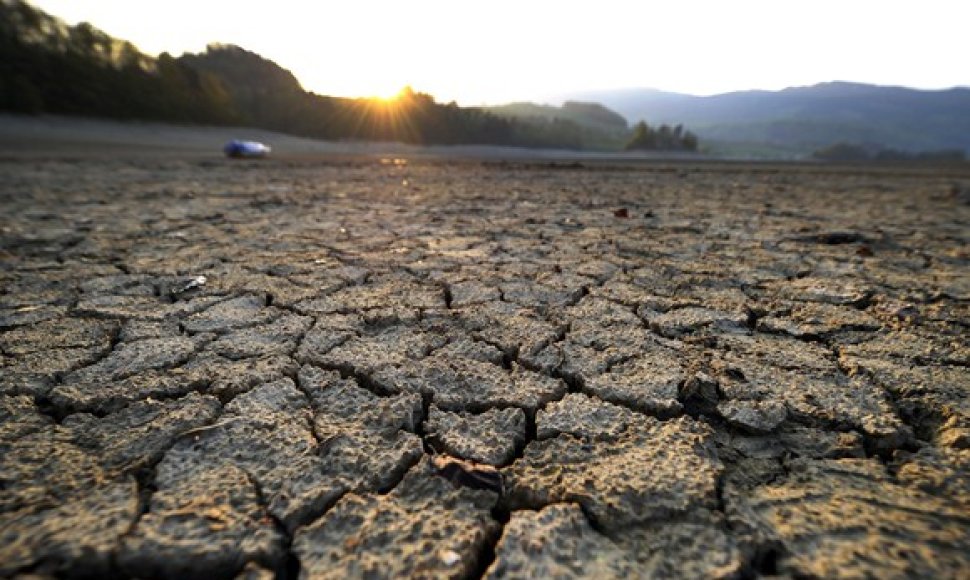He said that he was told by Xie Zhenhua, Vice-Chairman of China’s National Development and Reform Commission, about political agreement to pursue common goals.
“China’s representative expressed an outspoken wish to cooperate with the EU. Certainly, it’s not an expert level. It’s China’s political agreement to work in order to pursue common goals, to mitigate climate change. It’s a huge challenge but the fact that China’s representative came to Lithuania directly from the US where he also spoke about climate change proves that there is a wish to pursue common goals,” Mazuronis told BNS on Monday night.
The meeting was held on the eve of the Informal European Union Council of Environment Ministers, which would be hosted by Vilnius on July 16-17.
According to the minister, China’s wish to cooperate was also proved by the fact that the country was now discussing efforts to mitigate climate change with various countries although it was not a party to the Kyoto Protocol.
“I think that the fact that China, although it has not signed the Kyoto Protocol, is now discussing ways to reach common agreements proves that there is a wish. It’s important to find a compromise solution,” Mazuronis said.
First of all, it was necessary to reach an agreement within the EU where the opposite opinions still prevailed, he said.
“Two opinions prevail in the European Union now. The first one is to act as a role model and to set ambitious climate change goals, which however, would undermine competitiveness. Another proposal is to find a common global agreement, which would be less ambitious. It would definitely be a complicated challenge to reach a compromise,” Mazuronis said.
Asked about his personal opinion, the minister said that it was important to strike a compromise. “Lithuania, as a country holding the rotating EU Council presidency, should not show its position, instead, it should look for ways to come to an agreement with all countries.”
China accounts for approximately 20 percent of global greenhouse gas emissions, and the EU accounts for around 12 percent.
The international community seeks to sign an international agreement on fighting climate change in 2015.












